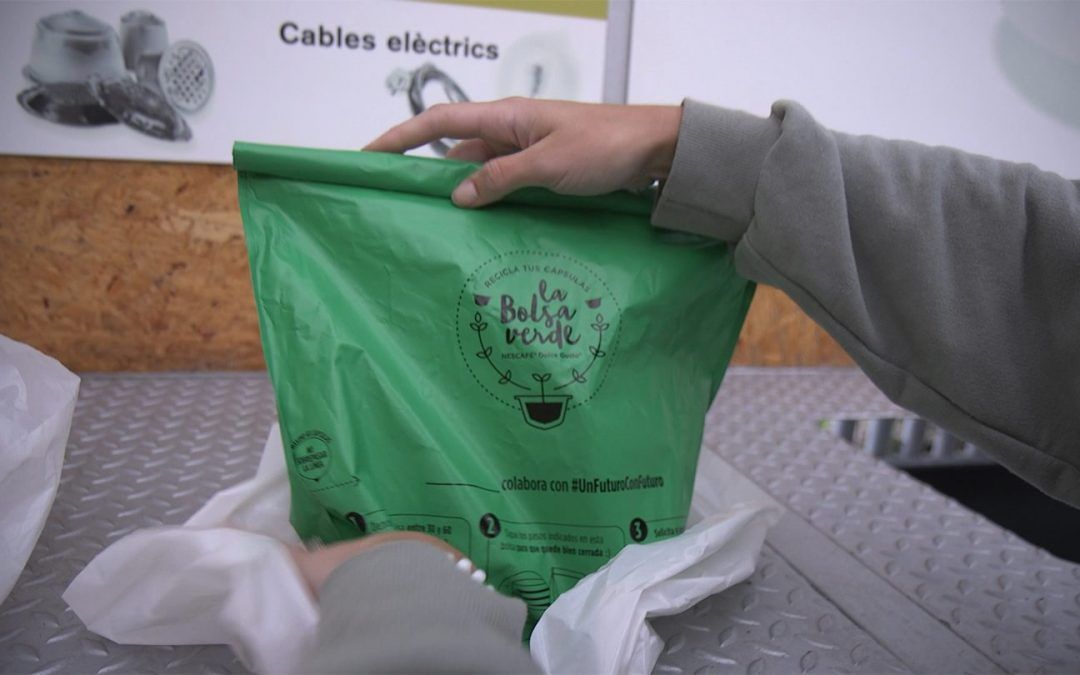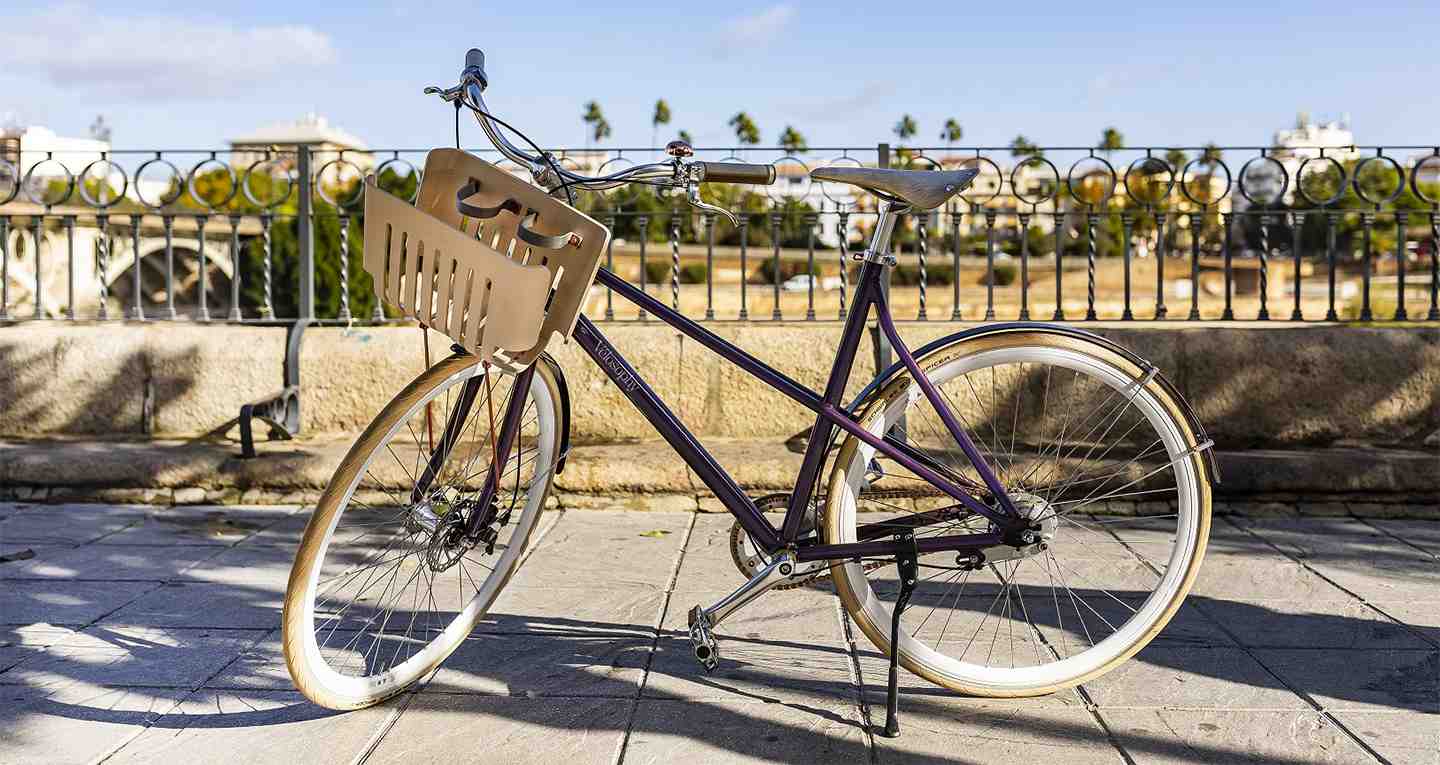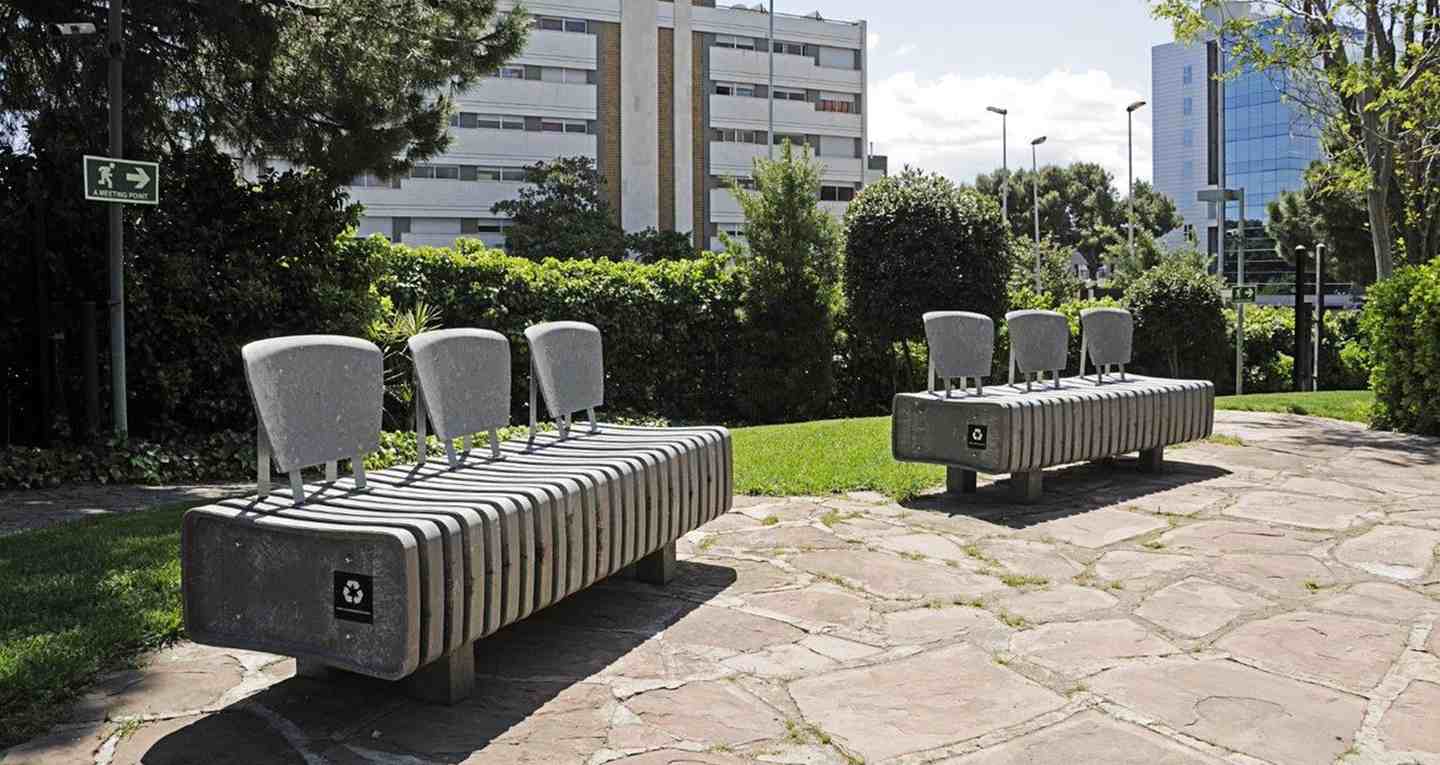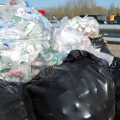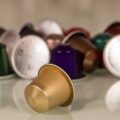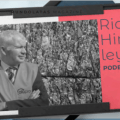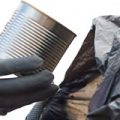Nestlé, together with its brands Nescafé Dolce Gusto and Nespresso, has offered other coffee manufacturers to participate in the selective collection system for coffee capsules that it pioneered ten years ago. This initiative paves the way for the creation of a global recycling system for coffee capsules in Spain.
Now, by opening its system to other companies in the industry, Nestlé aims to improve the accessibility and convenience of recycling capsules made from both plastic and aluminium. For their part, the companies that join will participate in the programme’s management model and contribute to a more widespread use of this service.
Today, the Nestlé system is the most advanced in our country. The Company collects and recycles both its own capsules and those of other brands that consumers deposit in the more than 2,000 collection points which, in collaboration with town councils and municipal bodies, serve around 25 million Spaniards in 38 provinces. These include not only clean points, but also Nespresso Boutiques and points of sale of machines that are committed to the environment.
Thomas Reuter, Managing Director of Nespresso in Spain, says: “Aluminium is a valuable material that can be infinitely recycled. We have developed a global plan to recycle our capsules and by inviting other companies to join our programme, we hope to offer an industry-wide solution. This decision aligns with our global initiatives to shape a zero waste future and drive behavioural change towards a circular economy by giving our capsules a second life.
For her part, Silvia Escudé, Nestlé Spain’s Director of Coffee has highlighted that: “the opening of the recycling system to other companies in the sector is an important step in line with our principles of reduction, reuse and recycling and adds to the eco-design initiatives that Nescafé Dolce Gusto is carrying out such as the reduction of 20% of plastic in the body of the capsule, the change of colour from black to brown to improve its recyclability and the progressive incorporation of recycled material”.
Aluminium, a material with infinite life
The aluminium from recycled Nespresso capsules has many and varied uses; from car engines to pens, bicycles, computers and cans. On the other hand, coffee grounds are used to produce biogas and natural fertilizers.
Bicycle made from recycled Nespresso capsules
Plastic becomes new objects
The plastic in Nescafé Dolce Gusto capsules is separated from the coffee grounds through a grinding process. In this way, the dregs are converted into nutrient-rich compost that helps to reduce the use of chemical fertilizers. The resulting plastic is then treated and integrated into a process to obtain pellets that are later used to manufacture other objects such as urban furniture like benches and litter bins. Some of these elements are already installed in cities such as Barcelona, Valencia or Santander.
Street furniture made from recycled Nescafé Dolce Gusto capsules
A decade of commitment
In most countries, existing recycling infrastructures do not have the technology to process small, lightweight items such as coffee capsules. Precisely to respond to this reality, Nestlé created its global separate capsule collection system. In Spain, the Company implemented it in 2011 and a year earlier, Nespresso had already started collecting capsules in its boutiques. An initiative that has favoured the circular economy, in line with the Commitments to the Earth Nestlé’s environmental commitments.

